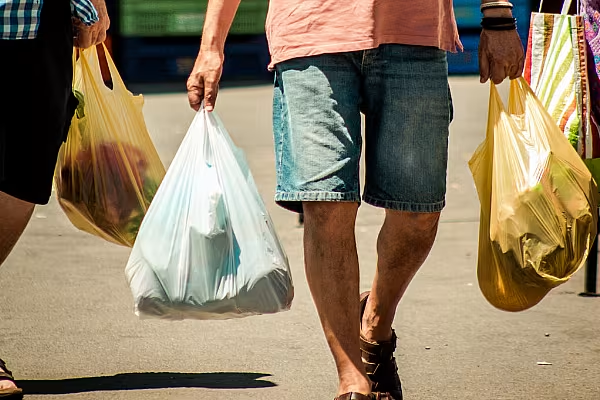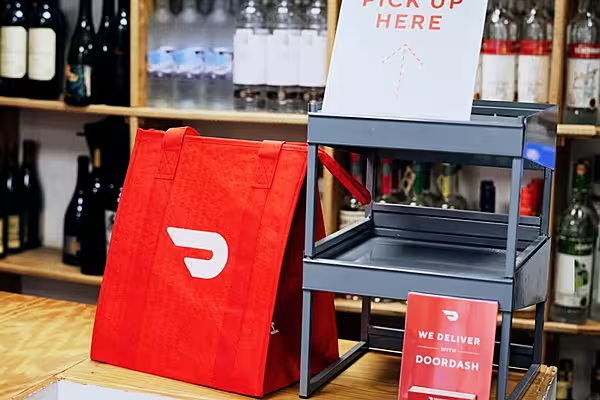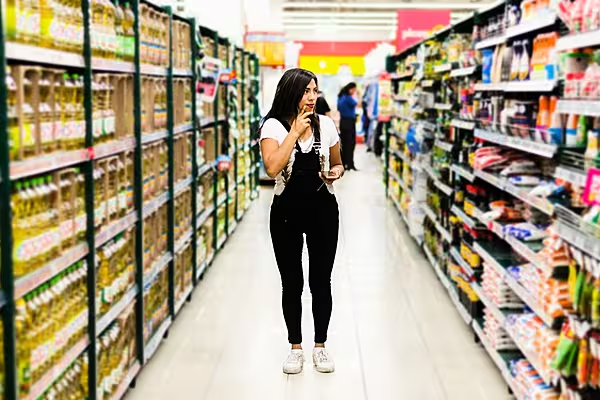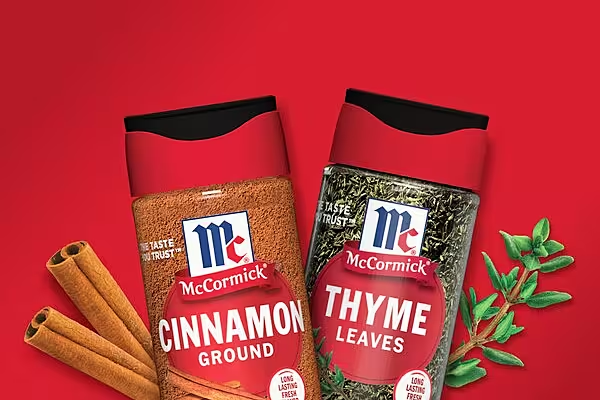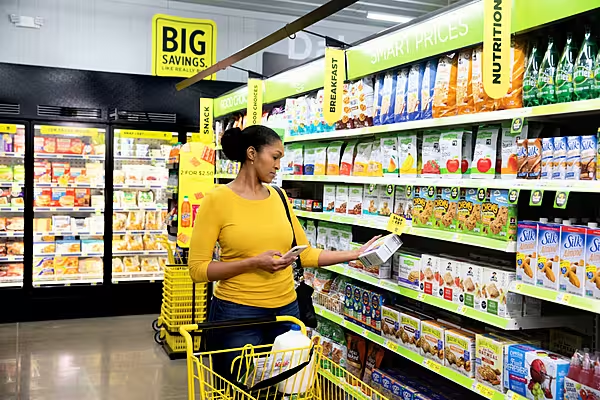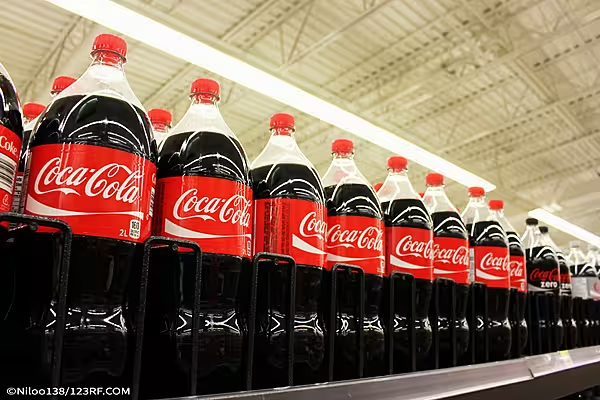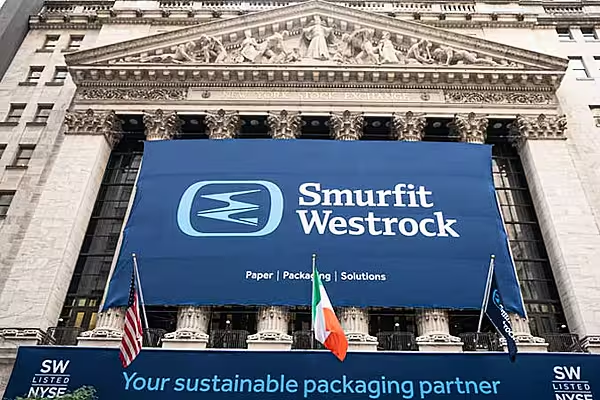The European Parliament approved a proposed law on Wednesday (24 April) that would ban certain single-use plastic packaging like mini shampoo bottles in hotels and thin plastic bags for groceries, in an attempt to curb the rising tide of packaging waste.
Why It's Important
The European Union policy - which still needs final formal approval from EU countries - would introduce sweeping changes to the types of packaging allowed for use by food and drinks companies, restaurants and online retailers.
It would ban in the EU, from 2030, single-use plastic packaging items for fruit and vegetables, condiments in fast food restaurants, thin plastic bags for groceries and mini cosmetics bottles in hotels.
Countries would also be required to ensure that at least 90% of single-use plastic bottles and cans are collected each year from 2029, through deposit return systems, in an attempt to ensure more are recycled rather than put into landfill.
Drinks distributors must ensure 10% of their products are in reusable packaging from 2030 - although wine was exempted. Take-away food outlets will be obliged to give customers the option of bringing their own reusable coffee cups or food containers.
By The Numbers
The EU's annual packaging waste grew by around 25% from 2009 to 2021, reaching 84 million tonnes. Recycling rates are not keeping up with this growth, and Europe's packaging waste is expected to keep climbing without extra measures.
Key Quotes
Some EU lawmakers have complained of heavy lobbying from industry over the rules, while countries including Italy and Finland sought exemptions for their local industries. During EU negotiations on the policy, certain targets for wine, cardboard and single-use paper packaging were removed.
"The biggest loopholes, most of them concern paper-based packaging," said Larissa Copello, a campaigner at non-profit group Zero Waste Europe.
Industry groups said the law left too much wiggle room for member states to decide how they meet the targets - risking a complicated mix of different measures across the EU market.
"We're starting to see too many national diverged measures. And this is not just bad for business, but really for circular economy," said Francesca Stevens, secretary general of packaging industry group Europen.
